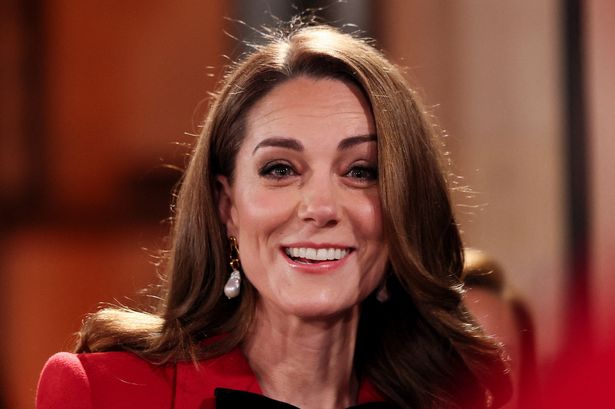The Princess of Wales’s nomination for TIME magazine’s 2024 Person of the Year underscores her growing influence and impact on the global stage. This prestigious recognition, previously bestowed upon world leaders, groundbreaking scientists, and cultural icons, places her in the company of individuals who have significantly shaped the year’s narrative. While the ultimate selection remains uncertain, the nomination itself speaks volumes about her evolving role within the British monarchy and her increasing visibility in international affairs. This trajectory mirrors the paths of other prominent figures within the Royal Family who have used their platform to champion causes, advocate for change, and engage with diverse communities worldwide.
The Princess’s potential selection as Person of the Year would likely highlight her dedication to early childhood development, a cause she has championed with unwavering commitment. Her work in this area extends beyond mere advocacy; she has actively spearheaded initiatives, launched programs, and fostered collaborations aimed at creating lasting positive change for future generations. This dedication reflects a deep understanding of the critical role early childhood experiences play in shaping individual lives and societal well-being. Her focus on this foundational aspect of human development distinguishes her from other public figures and underscores her long-term vision for a healthier and more equitable future. This consistent and focused approach to a critical social issue positions her as a powerful advocate and potential catalyst for transformative change.
Furthermore, the Princess of Wales’s nomination highlights the modernizing influence she brings to the British monarchy. Her approach, characterized by a blend of traditional royal duties and a contemporary understanding of social issues, resonates with a broader audience, particularly younger generations. This ability to bridge the gap between tradition and modernity is crucial for the monarchy’s continued relevance in a rapidly changing world. Her engagement with diverse communities, her willingness to address complex challenges, and her approachable demeanor contribute to a more accessible and relatable image of the Royal Family, strengthening its connection with the public both within the UK and internationally.
The inclusion of the Princess of Wales on TIME’s shortlist also invites comparisons to Meghan Markle, the Duchess of Sussex, who was previously nominated for the same accolade. While both women have used their platforms to advocate for various causes and engage with global audiences, their approaches and areas of focus differ significantly. The Princess of Wales has concentrated her efforts on long-term, research-backed initiatives related to early childhood development, while the Duchess of Sussex has been more vocal on issues of gender equality, racial justice, and mental health. These distinct paths reflect their individual passions and priorities, showcasing the diverse ways in which public figures can leverage their influence to effect positive change.
The competition for TIME’s Person of the Year is always fierce, with the shortlist comprising individuals who have made significant contributions across a wide range of fields. From political leaders navigating complex global challenges to scientists making groundbreaking discoveries and artists shaping cultural narratives, the nominees represent a diverse spectrum of human achievement. The final selection process considers not only the individual’s accomplishments but also their impact on global events, their influence on public discourse, and their ability to inspire others. This rigorous evaluation ensures that the chosen individual truly embodies the spirit of the award and reflects the defining moments of the year.
Regardless of the final outcome, the Princess of Wales’s nomination for TIME’s 2024 Person of the Year signifies her growing stature as a global figure and her increasing influence in shaping conversations around critical social issues. Her dedication to early childhood development, her commitment to modernizing the monarchy, and her ability to connect with diverse communities have positioned her as a prominent voice on the world stage. This recognition underscores the potential of public figures to leverage their platforms for positive change and highlights the ongoing evolution of the role of royalty in the 21st century. The nomination itself serves as a testament to her impact and sets the stage for her continued contributions to global discourse and social progress in the years to come.














